How scary is Ninh Co Thap, the exiled prisoners are all terrified?
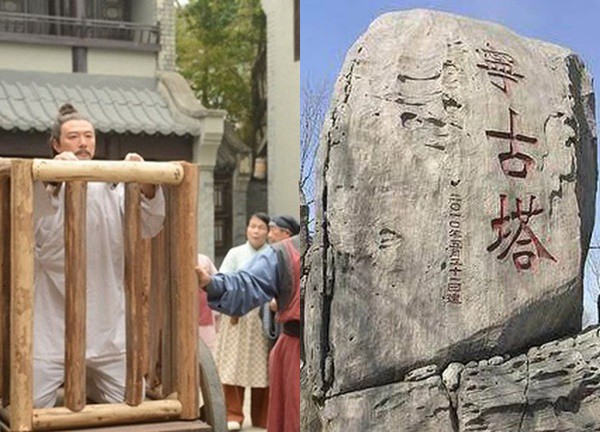
2 | 1 Discuss | Share
Thrilling stories about feudal China are always a topic of special interest. Among them, the dong letter position makes many people curious because it is divided into 6 types.
Specifically, in Chinese historical dramas, when scholars go to the capital to take exams to become mandarins, they often have a scholar accompanying them to help with chores. These fellows, in addition to sharpening ink for scholars, are also responsible for helping with chores in life such as doing laundry, taking care of meals, and even taking on all large and small tasks.
According to the Vietnamese dictionary, thu dong means boy helping in the book room. However, in feudal times, in addition to helping their masters with their studies, they also worked as errand boys, taking on all the work so that their masters could focus on exams and books.
According to Sohu.com, in feudal times, poor young people had only one way to change their lives, which was to diligently study and wait for the opportunity to go to the capital to take exams to have the opportunity to become an official. Once you become a royal mandarin or, more fortunately, if you pass the exam, you will have the opportunity to become a son-in-law, a step towards receiving honor and favor. For that reason, poor scholars persevere in studying books in the hope that one day they will pass the Poinsettia, Longan Board and Tham Hoa.
To prevent scholars from being fascinated by women, families rented or bought a bronze book outright to help them focus on reading books and grinding historical scriptures.
In ancient times, bronze letters were divided into 6 types:
The first type is to help students arrange housework. These contracts are equivalent to current nannies and former personal maids.
The second type is the secretary, who specializes in helping scholars clean up their study rooms. Their role is a bit higher than that of a servant. These students must at least be literate to avoid throwing away important books and papers.
The third type is the concubine whose responsibility is to protect the owner. This responsibility inevitably reminds people of the many concubines who look honest and discreet but are actually masters with hidden secrets. This is a bronze book for young masters or children of wealthy merchants who want their children to follow the high road.
The fourth type is similar to today's public relations, whose task is to help scholars solve some private personal problems.
The fifth type is the scholar who accompanies the scholar, which looks more advanced than the ordinary scholar, who studies with the scholar and learns about people and situations together.
The sixth type was to meet the physiological needs of scholars because at that time scholars were strictly educated and were not allowed to approach women. However, this still causes a lot of controversy.
According to Sohu, this system is popular in Guangdong and neighboring Fujian. At that time, boys around 16 years old often accepted an older, unmarried man as their sworn brother. After a certain ceremony, the two eat and sleep together as husband and wife until the elder gets married. Some remain in relationships even after one or both partners are married, even falling in love well into their thirties. Both parents also consider each other's sons as sons-in-law and will bear part of the expenses when the other son gets married.
It was not until the end of the fall of the Qing Dynasty that forms of marriage such as "brotherhood" gradually disappeared from the sight of the social system.
In addition to the position of secretary, in feudal times, there were many strange "jobs" that made everyone blush after hearing them.
Specifically, ancient Chinese royalty placed great importance on continuing the family line. Even the princess's husband-in-law was chosen from thousands of people. Before getting married, the husband-in-law must pass the evaluation of the "courtesan trial kisser".
Defects, sexual ability, family, etc. are factors for the princess to decide whether to marry that person or not.
Simply put, the true identity of the court maid is the maid closest to the princess. Her main function is to pave the way for the princess, testing the heart of her son-in-law as well as life in his palace. After living the experience, this maid will return to the palace and report back to her master. In the palace, any shortcomings he had were thoroughly recounted. The princess is a person with a noble status, and the palace maids are absolutely not allowed to joke around, hide things, or make up lies. Most palace maids who try kissing don't dare to play with their lives.
In most cases, court ladies who try to marry will be kept in the palace by their concubine or princess, becoming their concubine or servant. However, a palace maid who tries to kiss is still a slave. After entering the concubine's palace, she could be humiliated by the princess herself. After all, this palace maid had already made love to her concubine, and the princess was inevitably jealous. Falling into this situation, the palace maid will be restricted everywhere in the palace, her status will be low, and her destiny will be in the hands of the princess.
In fact, the ladies who tried to kiss were all young girls who grew up in the palace and had never experienced love between a man and a woman. They do not experience life and cannot distinguish between good and bad. In other words, their understanding of this aspect is very little. On the other hand, future concubines know very well about kissing, so they never show their bad side in front of these maids. What the palace maid tried to kiss saw was just a false expression. Therefore, when returning to report to the owner, their description is often not the same as the actual situation.
Empress Dowager Cixi fled the Forbidden City, had to borrow money and ended up in disgrace 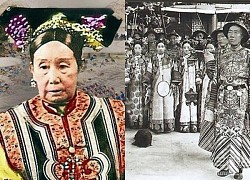 Keng19:05:18 13/01/2024In the past, when the coalition of eight countries stormed the Forbidden City, even the Queen Mother who screamed fire like Tu Hy was scared to the point of trembling. The old Buddhist, who loved to dress up, no longer cared about the rules, hastily put on commoner's clothes, and secretly escaped from...
Keng19:05:18 13/01/2024In the past, when the coalition of eight countries stormed the Forbidden City, even the Queen Mother who screamed fire like Tu Hy was scared to the point of trembling. The old Buddhist, who loved to dress up, no longer cared about the rules, hastily put on commoner's clothes, and secretly escaped from...

2 | 1 Discuss | Share
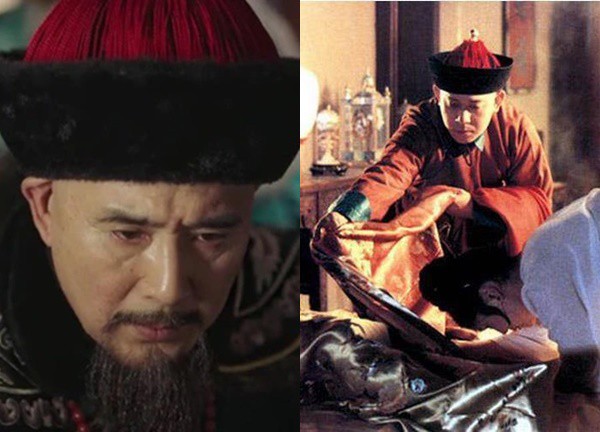
1 | 1 Discuss | Share
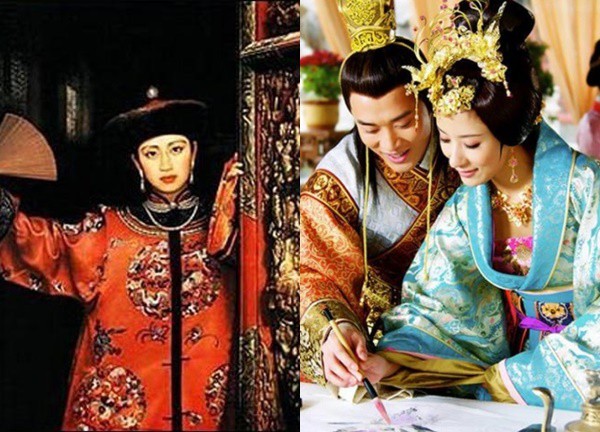
2 | 1 Discuss | Share
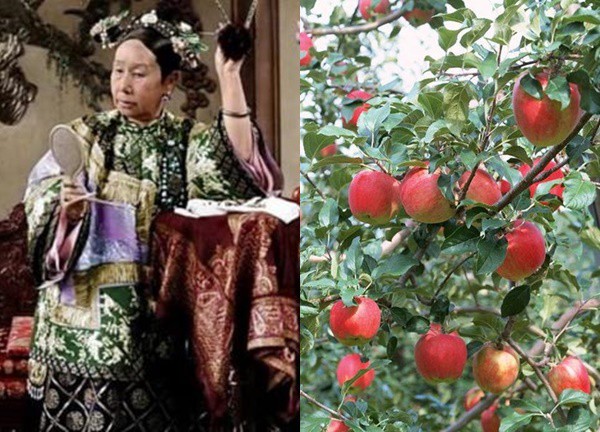
5 | 1 Discuss | Share
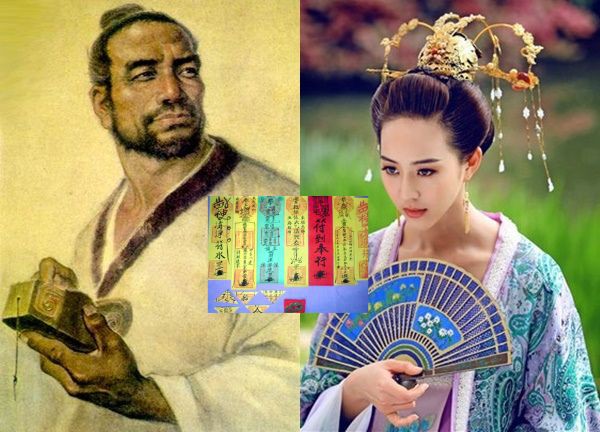
2 | 1 Discuss | Share
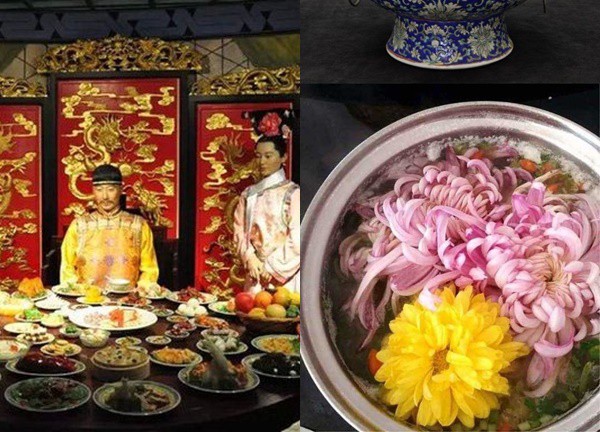
3 | 0 Discuss | Share

3 | 1 Discuss | Share

3 | 1 Discuss | Share

4 | 1 Discuss | Share
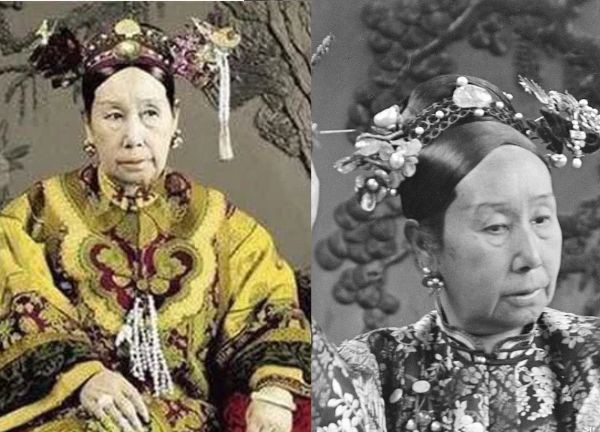
3 | 1 Discuss | Share
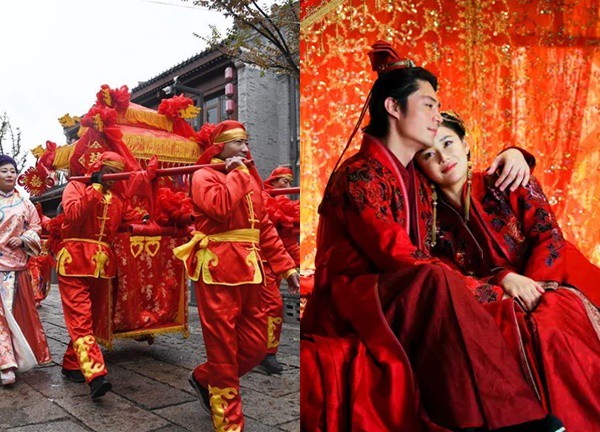
3 | 0 Discuss | Share

4 | 0 Discuss | Share










4 | 1 Discuss | Report